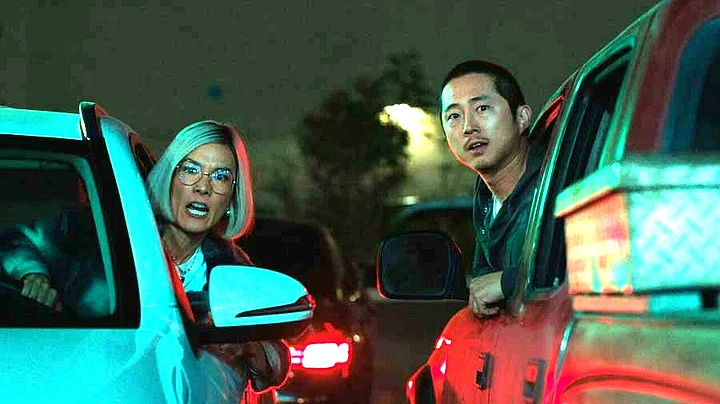Touted as one of the best shows of 2023, Lee Sung Jin’s Golden Globes-winner Beef showcases anger with a measured amount of understanding. Equal parts comedic and heartbreaking, the show balances itself on a thin line that is often difficult to achieve. Starring Steven Yeun and Ali Wong, the Netflix original also boasts a stellar star cast.
The plot is simple enough - a road-rage incident leads to complete chaos. Wong’s Amy and Yeun’s Danny happen to cross paths with each other – their collision catapults into a string of bemusing incidents as they hilariously attempt to seek vengeance.
From the get-go, the plot seems to contextualise both the characters – their self-destructive nihilism complement each other in a way that repels them in two opposite directions. And although there is blatant class division, it only manages to draw attention to the glaring similarities they have given their personalities.
Amy is a business owner trying to sell her business to spend more time with her daughter, and Danny is struggling to set up a successful business. She is also married to a man who doesn’t understand her motivations as he was brought up rich, unlike her. In Danny’s case, he only has his brother to fall back on. Both are seemingly on different tangents – Amy has the suburban dream while the other doesn’t – but both are markedly unhappy.
The story cements itself with their growing anguish – lack of control, frustration, discontent and the inability to comprehend their feelings. This leads to a presumable fissure in their somewhat dodgy outwardly composure while the road-rage incident makes the bubble burst.
Lee Sung Jin could have narrativised the show as a tragic-drama, which is not to say it isn’t – but it is written to be a comedy – a dark comedy, to be exact. Beef lends itself to the psyche of their anger – it does not mean to analyse it – it means to temper that anger with humour.
Of course, there are multiple reasons for this anger and perhaps one can dig deep. But at the premise, they are on a journey of self-sabotage and enjoying the high of lording over the powerless, especially when you have zero control over your own decisions. At least, that's how it seems.
In short, their cat-and-mouse chase for revenge is hilarious and the consequences of their actions result in catastrophe. The more the bitterness grows, their antics also become more dangerous. And thereby the show manages to evoke both pity and comedy.
The relationship that cements out of rage channels the various facets of fury, and despite it being a predominant part of the narrative, it does not shift focus. It has the right amount of twists and turns to make it interesting. But its existential backdrop can never fully translate into a light-hearted comedy.
Anger is the outer package of the angst they can’t fully tap into and neither have the vocabulary to articulate. But the ability to fully feel, and have the space to feel, which they never had before, especially in both their domestic and public sphere, goes to question how we would behave if all hell broke loose and we were given permission to let loose.
(At The Quint, we question everything. Play an active role in shaping our journalism by becoming a member today.)
